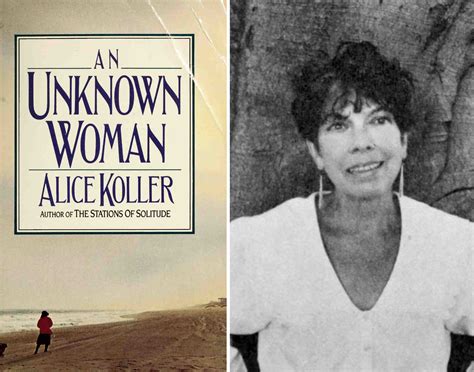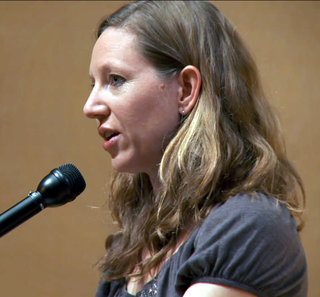A Quote by Thomas L. Dumm
Usually, we think that "good" loneliness is what we call "solitude," the choice of some alone-time. But I want to press on with the negative dimension, to look at ways in which a fundamental sense of being separated from others shapes who we are and why.
Related Quotes
Solitude is a condition of peace that stands in direct opposition to loneliness. Loneliness is like sitting in an empty room and being aware of the space around you. It is a condition of separateness. Solitude is becoming one with the space around you. It is a condition of union. loneliness is small, solitude is large. loneliness closes in around you; solitude expands toward the infinite. loneliness has its roots in words, in an internal conversation that nodbody answers; solitude has it's roots in the great silence of eternity.
Poetry is, above all, a singing art of natural and magical connection because, though it is born out of one's person's solitude, it has the ability to reach out and touch in a humane and warmly illuminating way the solitude, even the loneliness, of others. That is why, to me, poetry is one of the most vital treasures that humanity possesses; it is a bridge between separated souls.
Not everyone knows how to be alone with others, how to share solitude. We have to help each other to understand how to be in our solitude, so that we can relate to each other without grabbing on to each other. We can be interdependent but not dependent. Loneliness is rejected despondency. Solitude is shared interdependence.
I think we have to change our perspective. I don't think life stops after 50 - if anything, it gets more and more exciting. For some reason, we don't honor or pay respect to aging. It's something that we look at as a negative, and yet every single person on this planet does it. I don't understand why it's not something that's celebrated, why there's some sort of an expiration date on who you are as a person worth watching and a story being told about you. It makes absolutely no sense.
SOLIDAO, LONELINESS. What is it that we call loneliness. It can't simply be the absence of others, you can be alone and not lonely, and you can be among people and yet be lonely. So what is it? ... it isn't only that others are there, that they fill up the space next to us. But even when they celebrate us or give advice in a friendly conversation, clever, sensitive advice: even then we can be lonely. So loneliness is not something simply connected with the presence of others or with what they do. Then what? What on earth?
There is a fundamental spiritual quality to gratitude that transcends religious traditions. Gratitude is a universal human experience that can seem to be either a random occurrence of grace or a chosen attitude to create a better experience of life; in many ways it contains elements of both. Grateful people sense that they are not separated from others or from God; this recognition of unity with all things brings a deep sense of gratefulness, whether we are religious or not.
How is it that some celebrities, whom the average person would believe to have all the popularity a human being could want, still admit to feeling lonely? It is quite naive to assume that popularity is the remedy for loneliness. Loneliness does not necessarily equal physical solitude, it is the inability to be oneself and rightfully represented as oneself.


































